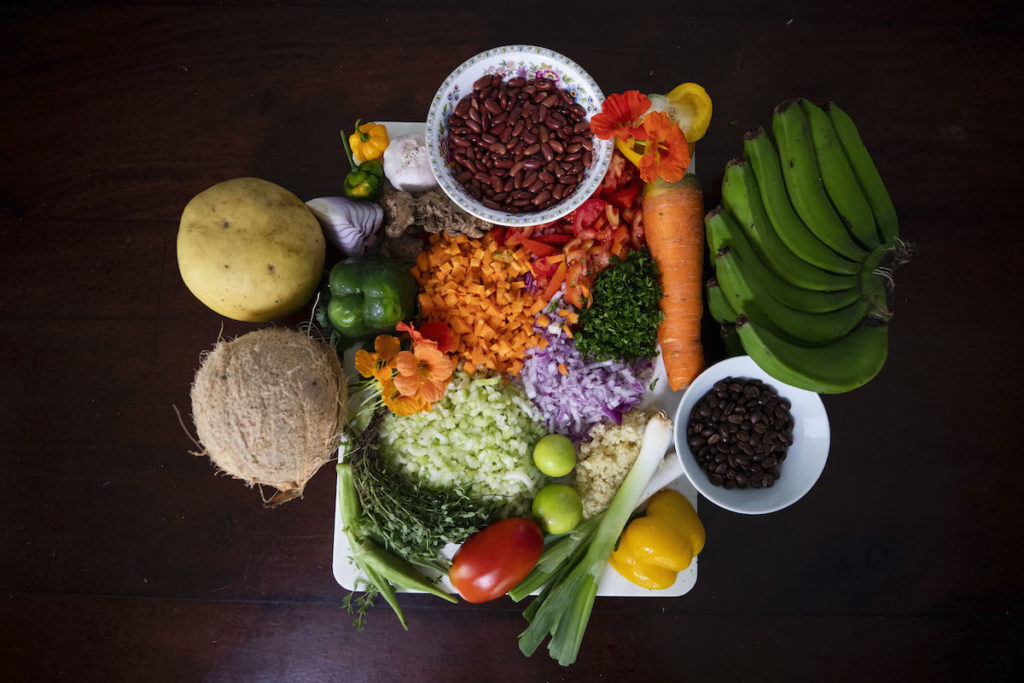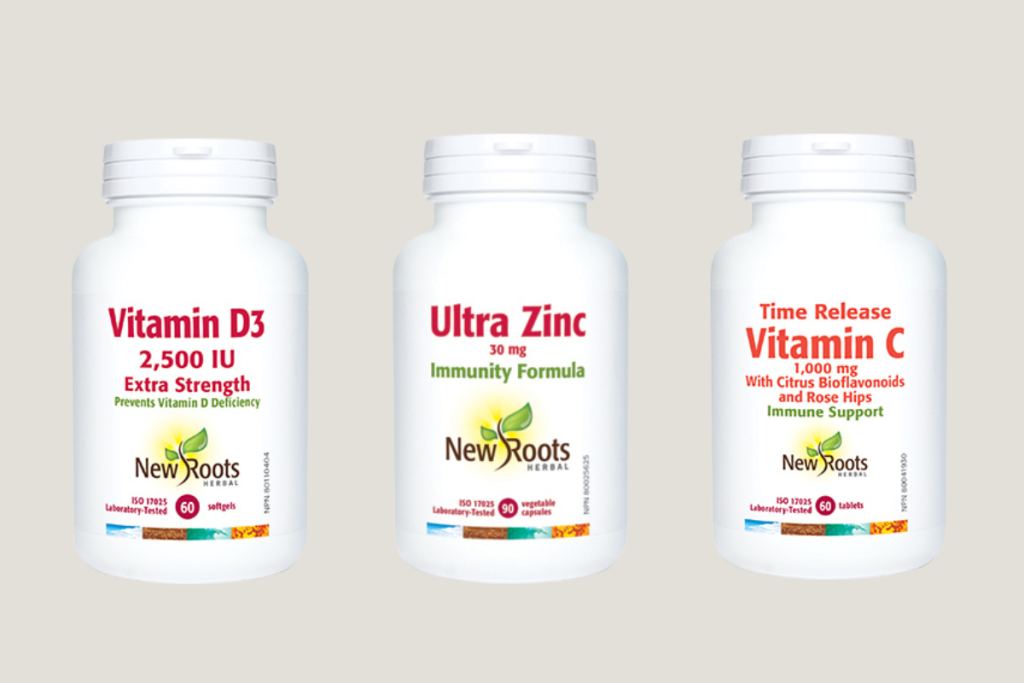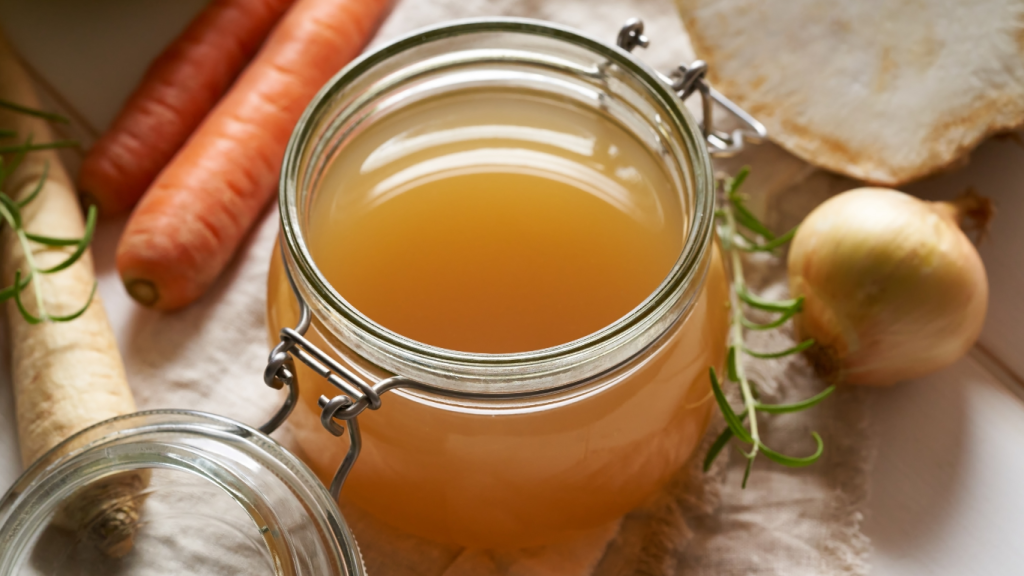Cold and flu season is like that ex who just won’t quit. Just when you think you’ve shaken him off for good, he sneaks back into your life, bringing chaos and tissues. Unlike your ex, though, you can prepare for this run-in. (Sorry, no ex advice here!) But when it comes to boosting immunity during cold and flu season, I’ve got you covered. With the right mix of sleep, nutrition, and a few key supplements, you can help your family stay ahead of the germs—no awkward run-ins required.
The Importance of Sleep for Immune Health
It’s amazing how we humans ignore the most basic defence we have against all the things that make us miserable: sleep. Instead, we’re out here trying to placing crystals all around our house, while chugging mystery teas brewed under the stars—when really, all we need is to get our darn heads on a pillow. Honestly, we’re not just exhausted, we’re exhausting. So, let’s make this simple: the most important thing you can do to protect yourself from colds and flu? Get some sleep! Please, before I have to say it again.
Sleep is when your body does its best repair work, and that includes the immune system. During sleep, your body produces and releases proteins called cytokines, which help target infections and inflammation.

So, how much sleep do you need? Ideally, adults should aim for 7-9 hours per night, while children and teenagers may need a bit more. Consistency is key—going to bed and waking up at the same time each day can help regulate your sleep patterns. To improve sleep quality, consider establishing a relaxing bedtime routine. This could include limiting screen time before bed, dimming the lights, or enjoying a cup of herbal tea like chamomile or lavender. And if it floats your boat, put a crystal under your pillow, but for heaven’s sake, go to bed.
Reducing Stress to Strengthen Immunity
Managing stress is another crucial element of supporting immune health. Chronic stress can suppress the immune system, making you more vulnerable to illnesses. When you’re stressed, your body produces cortisol, a hormone that in small doses can help with your “fight or flight” response. However, when cortisol levels remain elevated for long periods due to ongoing stress, your immune system can become less effective.
What can you do to manage stress? Regular physical activity, mindfulness techniques, and relaxation exercises are great ways to keep stress levels under control. Even something as simple as a 20-minute walk in nature can make a big difference. Deep breathing exercises and meditation apps are also quick and easy tools to help bring calm into your day.

The Role of Nutrition in Supporting Immune Function
Your diet plays a massive role in your immune system’s ability to fight off infections. Sorry ladies, your diet of lattes and red wine, is not it. The good news is that immune-boosting foods are easy to incorporate into your family’s daily meals. A well-rounded diet rich in colourful fruits and vegetables provides the vitamins, minerals, and antioxidants your body needs to function at its best.
Here are some key foods to focus on:
- Vitamin C-rich fruits and vegetables: Oranges, strawberries, bell peppers, and broccoli are all packed with vitamin C, which helps stimulate the production of white blood cells—your body’s primary defence against infections.
- Probiotic-rich foods: Fermented foods like sauerkraut, kefir, and yogurt are excellent sources of probiotics. These beneficial bacteria support gut health, which in turn strengthens your immune system. Studies have shown that about 70-80% of immune cells are found in the gut, making probiotics essential to overall immunity.
- Lean proteins: Protein is critical for immune function. Include plenty of chicken, turkey, beans, and legumes in your meals to ensure your body gets the necessary building blocks for a strong immune system.

Hydration is another important factor. Make sure everyone in your family is drinking plenty of water throughout the day to help flush out toxins and keep the body functioning optimally. If plain water gets boring, try infusing it with fresh fruit or cucumber for a refreshing twist.
Supplementing for Immune Health
Look, pobody’s nerfect, right? We’re all juggling busy, stressful lives, and it’s tough to get everything right every single day. And that’s totally okay! That’s where supplements come in—they help pick up the slack when life gets in the way and give your immune system a little extra boost. Think of them as your immunity backup plan. So, if your diet isn’t perfect or stress is getting the better of you, supplements can help keep you in the game. Consider adding these three to round out your cold and flu protection plan.
- Vitamin D: Vitamin D plays an important role in regulating immune function. During the fall and winter, when we get less sunlight, many of us don’t produce enough vitamin D naturally. A supplement can be a helpful way to maintain adequate levels of this immune-boosting vitamin.
- Vitamin C: While you can get plenty of vitamin C from your diet, adding a supplement during cold and flu season can offer additional support.
- Probiotics: If fermented foods aren’t a staple in your diet, consider taking a daily probiotic supplement to support gut health and overall immunity.

Herbal Remedies for Immune Support
Natural remedies can also play a role in supporting immune health. Two herbs that have gained popularity for their antiviral properties are elderberry and yarrow. Elderberry has been shown to help reduce the duration of colds and flu, while yarrow can assist the body in fighting off viral infections.

Additionally, bone broth is a great way to nourish your body while providing the essential nutrients that support immune function. Bone broth is packed with amino acids, minerals, and collagen, all of which help fuel immune cells and promote healing.
Vaccines: A Key Player in Immune Defence
While supplements and nutrition play important roles in keeping your immune system strong, vaccines are a powerful tool in your cold and flu season defence strategy. Vaccines work by training your immune system to recognize and fight specific viruses, significantly lowering your chances of getting sick. So, along with your vitamin D and probiotics, make sure you’re up to date on flu shots and other relevant vaccines. It’s a simple step that can make a big difference in keeping your family healthy.

Simple Hygiene Practices
Good hygiene practices are some of the simplest and most effective ways to protect your family from germs. Encourage frequent hand washing, especially after using the bathroom and before meals. Teaching children to wash their hands properly—scrubbing for at least 20 seconds—can make a big difference in preventing the spread of illnesses.

In addition to hand washing, disinfecting commonly touched surfaces, especially during cold and flu season, is a smart way to reduce germs in your home.
Long-Term Health Strategies
While these tips are especially useful during cold and flu season, they can benefit your immune system all year round. Maintaining a balanced diet, staying active, managing stress, and getting enough sleep are long-term strategies for keeping your immune system resilient.

By incorporating these simple habits into your daily routine, you can give your family the best chance at staying healthy, even when germs are all around.
Disclosure: This post is proudly sponsored by New Roots Herbal, a brand I trust for high-quality natural health products. Their dedication to creating supplements that support overall wellness and immune health aligns with my own focus on practical, science-backed preventative measures. While I always believe in a balanced diet and lifestyle as the first line of defence, I’m thrilled to partner with New Roots Herbal to bring you products that can help fill in the gaps and keep your family healthy.